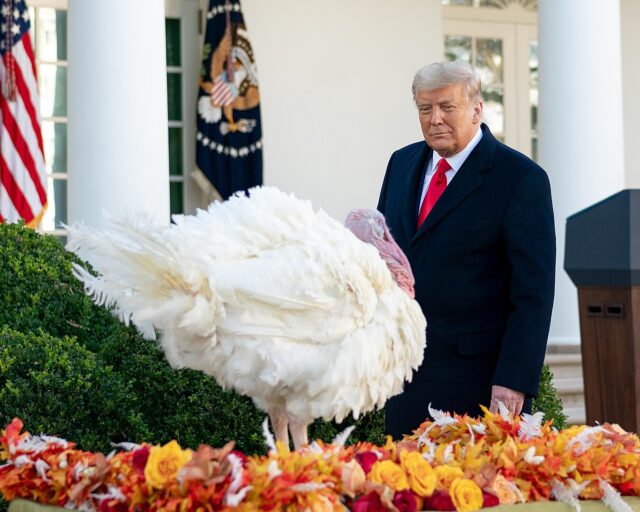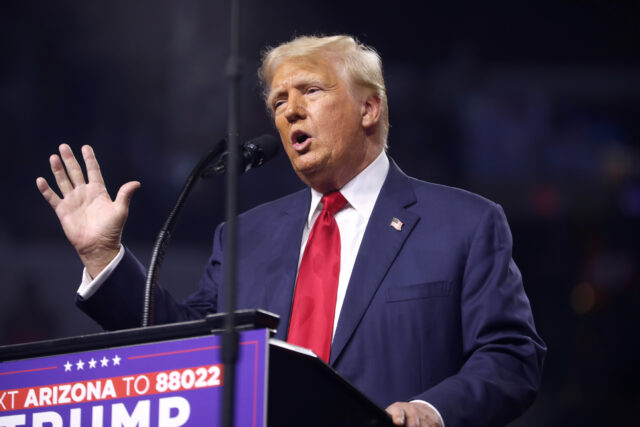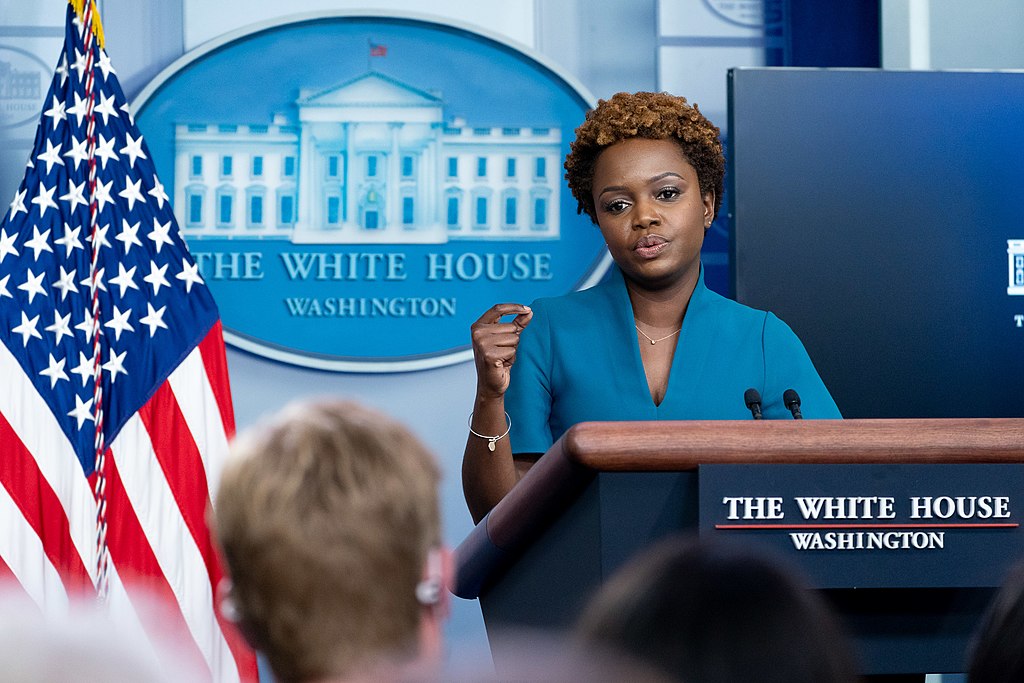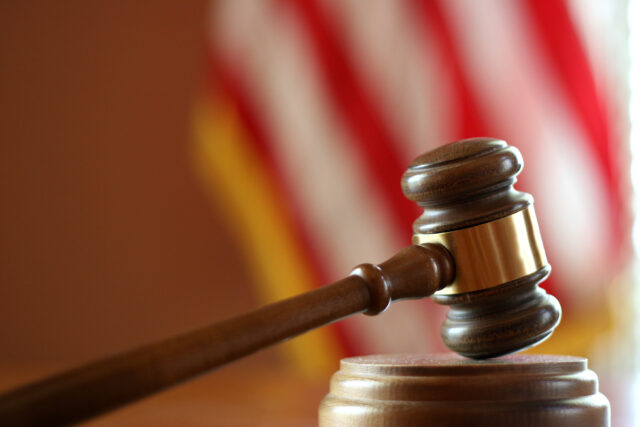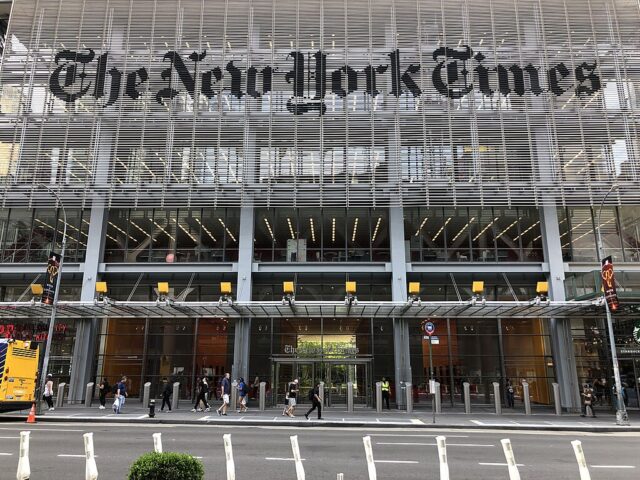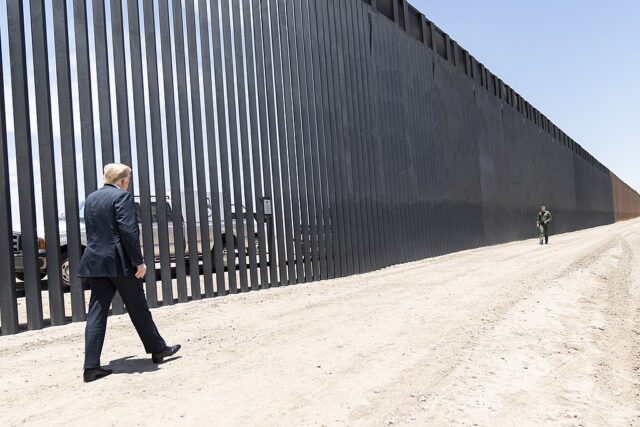Trump Issues Thanksgiving Day Message
President-elect Trump took to social media early Thursday to issue a Thanksgiving Day message.
“Happy Thanksgiving to all, including to the Radical Left Lunatics who have worked so hard to destroy our Country, but who have miserably failed, and will always fail, because their ideas and policies are so hopelessly bad that the great people of our Nation just gave a landslide victory to those who want to MAKE AMERICA GREAT AGAIN!” Trump wrote on Truth Social.
He added, “Don’t worry, our Country will soon be respected, productive, fair, and strong, and you will be, more than ever before, proud to be an American!”
Trump’s message comes less than a month after his landslide election victory.
The President-elect has largely stayed out of the spotlight since his win, likely enjoying a honeymoon period before Inauguration Day.
Trump has announced appointments and nominations for a number of Cabinet roles
Nearly a dozen of President-elect Donald Trump’s Cabinet nominees and other appointees tapped for the incoming administration were targeted Tuesday night with “violent, unAmerican threats to their lives and those who live with them,” prompting a “swift” law enforcement response.
The “attacks ranged from bomb threats to ‘swatting,’” according to Trump-Vance transition spokeswoman and incoming White House press secretary Karoline Leavitt.
“[Tuesday] night and this morning, several of President Trump’s Cabinet nominees and administration appointees were targeted in violent, unAmerican threats to their lives and those who live with them,” she told Fox News Digital on Wednesday. “In response, law enforcement acted quickly to ensure the safety of those who were targeted. President Trump and the entire Transition team are grateful for their swift action.”


